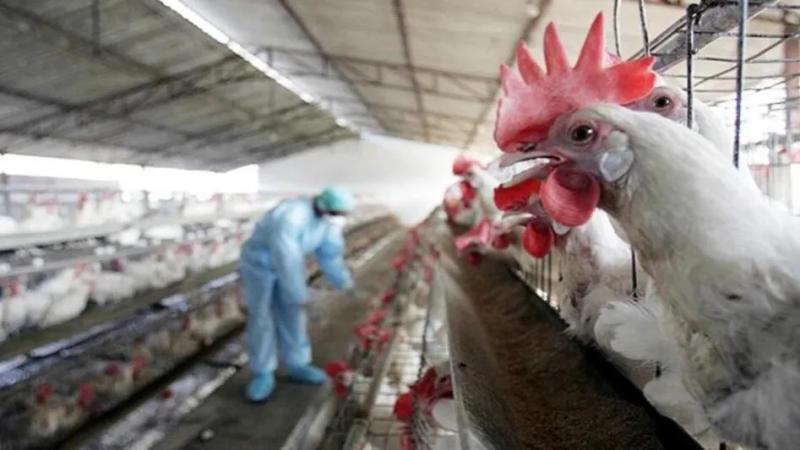Published 20:38 IST, May 7th 2024
Bird Flu Outbreak in Kerala: How it Spreads; Are Milk and Eggs Safe to Consume
Avian influenza, commonly known as bird flu, is a highly contagious viral infection that primarily affects birds, including domestic poultry and wild birds.

H9N2 Avian Influenza Virus: Causes, symptoms and prevention | Image:
Instagram
- Listen to this article
- 2 min read
Advertisement
20:38 IST, May 7th 2024
